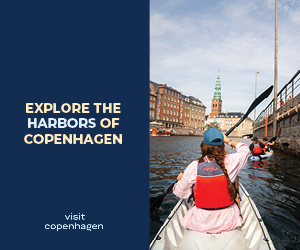Set in the bohemian Buenos Aires district of La Boca, the story begins with the entrance of New Yorker Bennie (Alden Ehrenreich). Having docked in the city with his cruise ship, he seeks out the opportunity to reconnect with his estranged older brother Tetro (Vincent Gallo). Punctuated by the sound of slamming doors and heavy-bolted locks, the reunion Bennie is hoping for is tarnished by a brooding and sardonic Tetro, whose shadowy silhouette moving behind closed doors fills the scene with mysterious hostility.
Infused with enigmatic symbolism, Coppola’s surreal approach accentuates the highly personal narrative. The story of his chosen family, an Argentine-American group whose lives are haunted by the theatre and their ferocious, fame-basking conductor-father, is illustrated through the colour-drenched flashbacks of Tetro and his own theatrical reimaginings of past events. Like the scene of his mother’s death, transformed in his mind into an operatic performance, Tetro aligns the fate of his first love to the opera of Coppélia: a doll who is broken into two by a father and son, both fighting to possess her. Emotive and at times satirical, these visions are intertwined amid a present life, stripped of colour, forced as if by Tetro’s own despair into a dramatic, high-contrast monochrome world.
With Bennie’s discovery of Tetro’s unpublished manuscript secrets are unveiled, mysteries untangled and relationships tested as Bennie sets about finishing the life story. Uncovered are a line of tragic accidents caused by a hypnotic transfixion of blinding lights, a curse that stupefies both Bennie and Tetro – another of Coppola’s psychosomatic parallels. Perhaps this aversion to the white light of flash bulbs and car headlights is a reflection of a family paralysed by an intoxicating fame, built upon by the egotism of their villainous father?
With many twists and turns, Tetro is a film that enthrals and entertains, nothing less than what we would expect from one of cinema’s greats, yet its real triumph evidently lies within its artistic execution. Unconventional camera angles, punctuating sound and a dramatic play of light all contribute to what transpires as a powerfully personal and technically slick film.











